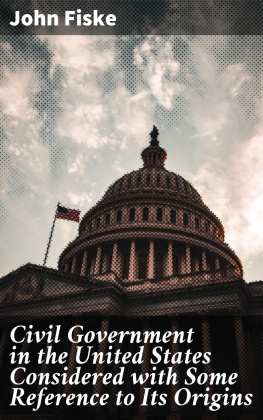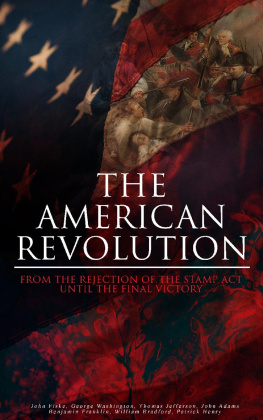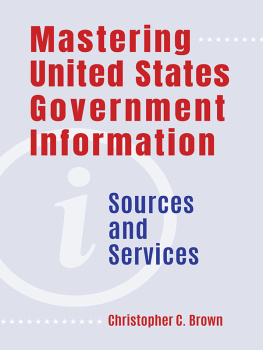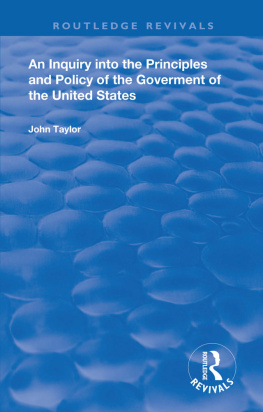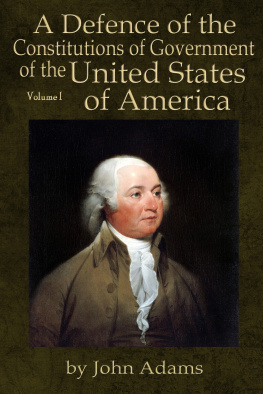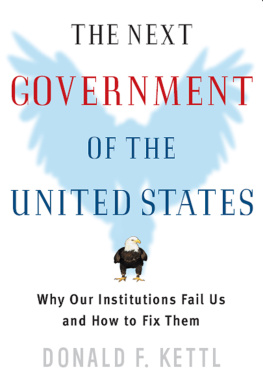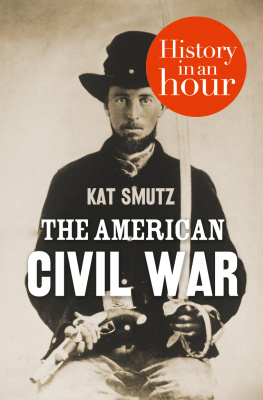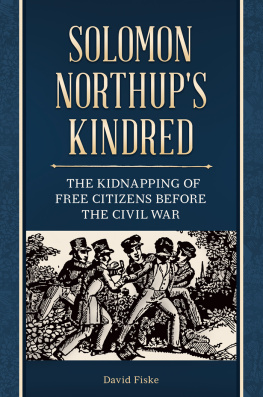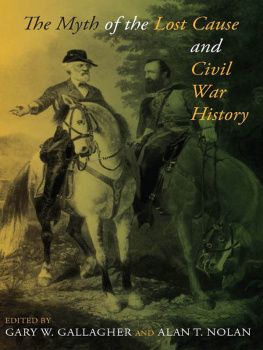CIVIL GOVERNMENT IN THE UNITED STATES CONSIDERED WITH SOME REFERENCE TO ITS ORIGINS
BY
JOHN FISKE
[Greek: Aissomai pai Zaevos Heleutheroiu, Imeran eurnsthene amphipolei, Soteira Tucha tiv gar en ponto kubernontai thoai naes, en cherso te laipsaeroi polemoi kagorai boulaphoroi.]
PINDAR, Olymp. xii.
Thou, too, sail on, O Ship of State!
Sail on, O Union, strong and great!
Our hearts, our hopes, are all with thee.
Our hearts, our hopes, our prayers, our tears,
Our faith triumphant o'er our fears,
Are all with thee,are all with thee!
LONGFELLOW.
1890
BY JOHN FISKE.
Dedication
This little book is dedicated, with the author's best wishes and sincere regard, to the many hundreds of young friends whom he has found it so pleasant to meet in years past, and also to those whom he looks forward to meeting in years to come, in studies and readings upon the rich and fruitful history of our beloved country.
PREFACE.
Some time ago, my friends, Messrs. Houghton, Mifflin & Co., requested me to write a small book on Civil Government in the United States, which might be useful as a text-book, and at the same time serviceable and suggestive to the general reader interested in American history. In preparing the book certain points have been kept especially in view, and deserve some mention here.
It seemed desirable to adopt a historical method of exposition, not simply describing our political institutions in their present shape, but pointing out their origin, indicating some of the processes through which they have acquired that present shape, and thus keeping before the student's mind the fact that government is perpetually undergoing modifications in adapting itself to new conditions. Inasmuch as such gradual changes in government do not make themselves, but are made by menand made either for better or for worseit is obvious that the history of political institutions has serious lessons to teach us. The student should as soon as possible come to understand that every institution is the outgrowth of experiences. One probably gets but little benefit from abstract definitions and axioms concerning the rights of men and the nature of civil society, such as we often find at the beginning of books on government. Metaphysical generalizations are well enough in their place, but to start with such thingsas the French philosophers of the eighteenth century were fond of doingis to get the cart before the horse. It is better to have our story first, and thus find out what government in its concrete reality has been, and is. Then we may finish up with the metaphysics, or do as I have doneleave it for somebody else.
I was advised to avoid the extremely systematic, intrusively symmetrical, style of exposition, which is sometimes deemed indispensable in a book of this sort. It was thought that students would be more likely to become interested in the subject if it were treated in the same informal manner into which one naturally falls in giving lectures to young people. I have endeavoured to bear this in mind without sacrificing that lucidity in the arrangement of topics which is always the supreme consideration. For many years I have been in the habit of lecturing on history to college students in different parts of the United States, to young ladies in private schools, and occasionally to the pupils in high and normal schools, and in writing this little book I have imagined an audience of these earnest and intelligent young friends gathered before me.
I was especially advisedby my friend, Mr. James MacAlister, superintendent of schools in Philadelphia, for whose judgment I have the highest respectto make it a little book, less than three hundred pages in length, if possible. Teachers and pupils do not have time enough to deal properly with large treatises. Brevity, therefore, is golden. A concise manual is the desideratum, touching lightly upon the various points, bringing out their relationships distinctly, and referring to more elaborate treatises, monographs, and documents, for the use of those who wish to pursue the study at greater length.
Within limits thus restricted, it will probably seem strange to some that so much space is given to the treatment of local institutions,comprising the governments of town, county, and city. It may be observed, by the way, that some persons apparently conceive of the state also as a "local institution." In a recent review of Professor Howard's admirable "Local Constitutional History of the United States," we read, the first volume, which is all that is yet published, treats of the development of the township, hundred, and shire; the second volume, we suppose, being designed to treat of the State Constitutions. The reviewer forgets that there is such a subject as the "development of the city and local magistracies" (which is to be the subject of that second volume), and lets us see that in his apprehension the American state is an institution of the same order as the town and county. We can thus readily assent when we are told that many youth have grown to manhood with so little appreciation of the political importance of the state as to believe it nothing more than a geographical division.[1] In its historic genesis, the American state is not an institution of the same order as the town and county, nor has it as yet become depressed or "mediatized" to that degree. The state, while it does not possess such attributes of sovereignty as were by our Federal Constitution granted to the United States, does, nevertheless, possess many very important and essential characteristics of a sovereign body, as is here pointed out on pages 172-177. The study of our state governments is inextricably wrapped up with the study of our national government, in such wise that both are parts of one subject, which cannot be understood unless both parts are studied. Whether in the course of our country's future development we shall ever arrive at a stage in which this is not the case, must be left for future events to determine. But, if we ever do arrive at such a stage, "American institutions" will present a very different aspect from those with which we are now familiar, and which we have always been accustomed (even, perhaps, without always understanding them) to admire.
[Footnote 1: Young's Government Class Book, p. iv.]
The study of local government properly includes town, county, and city. To this part of the subject I have devoted about half of my limited space, quite unheedful of the warning which I find in the preface of a certain popular text-book, that "to learn the duties of town, city, and county officers, has nothing whatever to do with the grand and noble subject of Civil Government," and that "to attempt class drill on petty town and county offices, would be simply burlesque of the whole subject." But, suppose one were to say, with an air of ineffable scorn, that petty experiments on terrestrial gravitation and radiant heat, such as can be made with commonplace pendulums and tea-kettles, have nothing whatever to do with the grand and noble subject of Physical Astronomy! Science would not have got very far on that plan, I fancy. The truth is, that science, while it is perpetually dealing with questions of magnitude, and knows very well what is large and what is small, knows nothing whatever of any such distinction as that between things that are "grand" and things that are "petty." When we try to study things in a scientific spirit, to learn their modes of genesis and their present aspects, in order that we may foresee their tendencies, and make our volitions count for something in modifying them, there is nothing which we may safely disregard as trivial. This is true of whatever we can study; it is eminently true of the history of institutions. Government is not a royal mystery, to be shut off, like old Deiokes,[2] by a sevenfold wall from the ordinary business of life. Questions of civil government are practical business questions, the principles of which are as often and as forcibly illustrated in a city council or a county board of supervisors, as in the House of Representatives at Washington. It is partly because too many of our citizens fail to realize that local government is a worthy study, that we find it making so much trouble for us. The "bummers" and "boodlers" do not find the subject beneath their notice; the Master who inspires them is wide awake andfor a creature that divides the hoofextremely intelligent.

